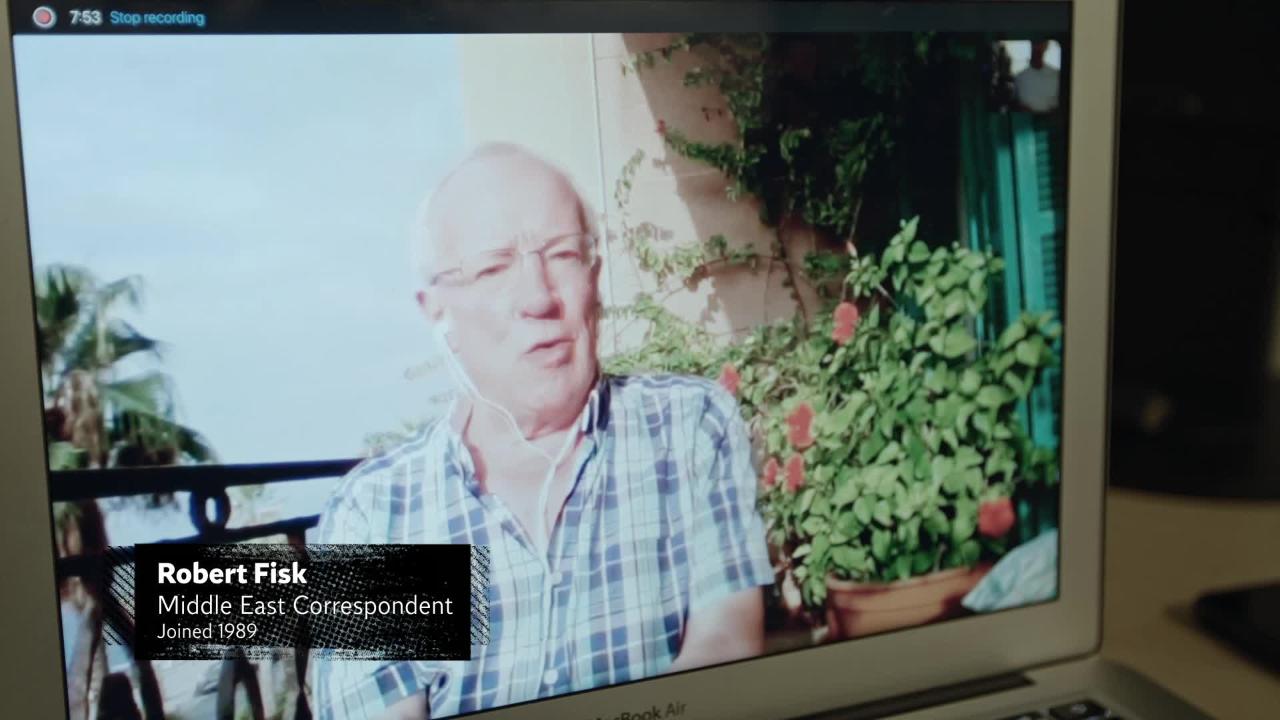‘GoCompare’ style app will level playing field for poorer students, minister says
But Labour says ‘we need urgent and systemic change and quite simply there isn’t an app for that’

The universities minister has come under fire for saying an app will help “level the playing field” for poorer prospective university students.
The government hopes a digital tool, which will compare graduate outcomes like “GoCompare”, will help poorer students to better understand how a degree from the right university can help their futures.
But critics say it will take “more than an app to fix” issues around widening access in higher education in the wake of high tuition fees and the removal of maintenance grants.
Some students who are the first in their family to go to university do not know what the most elite universities are because their parents and schools have not helped out, Sam Gyimah said.
When asked how the app will boost the poor students choosing to go to university, Mr Gyimah said: “We want to use this to level the playing field between disadvantaged students and those students who have an in-built advantage in knowing what to study and where to achieve their ambitions.
“I am very conscious that the school you go to and your social background gives you a huge advantage in making the choices about what and where to study,” he added.
Earlier this year, Mr Gyimah launched a £125,000 competition for companies to develop apps and digital tools so student outcome data can be put at the fingertips of students.
Speaking at Imperial College London, where the final five prototype apps and websites were unveiled, Mr Gyimah added that many current university students he has met are not aware of the Russell Group – the most selective universities in the UK.
He added that these students, who are the first in their family to go to university, do not have the “networks that come with knowing how to play the system” – such as their parents and school.
Mr Gyimah also warned that the development of the app – which is set to compare different courses on graduate outcomes – should be a “wakeup call” for universities who need to “raise their game”.
He said: “Where you have threadbare, low quality courses – where compared to the same course at other universities they are delivering better value – you will find students not choosing that course.
“It will stop the situation where universities market courses to students that will not deliver value.”
Shakira Martin, president of the National Union of Students (NUS), said: “While it is encouraging to see the universities’ minister focus on disadvantaged students, it is once again through piecemeal initiatives that will have little positive impact to prospective students.
“It is the fundamental thinking and ingrained processes within elite institutions that must shift, an app is unlikely to do this.
“While universities have made progress in widening access to students from disadvantaged backgrounds, there’s still a long way to go. Most highly selective universities remain the privilege of the elite, moving at a snail’s pace with access and participation and missing key parts of society.”
She added: “It’s proven that those from lower income households are more worried about debts, while tuition fees are sky-high, students all across post-16 education are also given insufficient support to survive throughout their studies – which leaves them really struggling with basic living costs.
“Government cuts have had a devastating effect on students and it’s those from the poorest, most marginalised communities suffering most. The government must present a fundamental overhaul to the education funding system to ensure everyone can access and succeed in higher education.”
Geoff Barton, general secretary of the Association of School and College Leaders (ASCL), said schools and colleges already put in a lot of effort to ensure students of all backgrounds are informed about university options, and in helping them to access the courses which most interest and benefit them.
He said: “What we do need to see is more action from the government to help young people from disadvantaged backgrounds who may be deterred by the exorbitant cost of going to university.”
Angela Rayner, Labour’s shadow education secretary, said: “Since the Tories trebled tuition fees and scrapped maintenance grants, progress in opening up university education has ground to a halt and it is going to take a lot more than an app to fix it.
“We need urgent and systemic change, and quite simply there isn’t an app for that.”
She added: “[Tory] cuts to early years, schools and further education have hurt the life chances of the most disadvantaged well before they even turn eighteen, and they have weakened the position of the fair access regulator in their drive to push a free-market ideology on to universities.
“We have heard warm words from successive education secretaries about improving access to our most selective universities but those words have not been matched by any meaningful action.”
Subscribe to Independent Premium to bookmark this article
Want to bookmark your favourite articles and stories to read or reference later? Start your Independent Premium subscription today.

Join our commenting forum
Join thought-provoking conversations, follow other Independent readers and see their replies